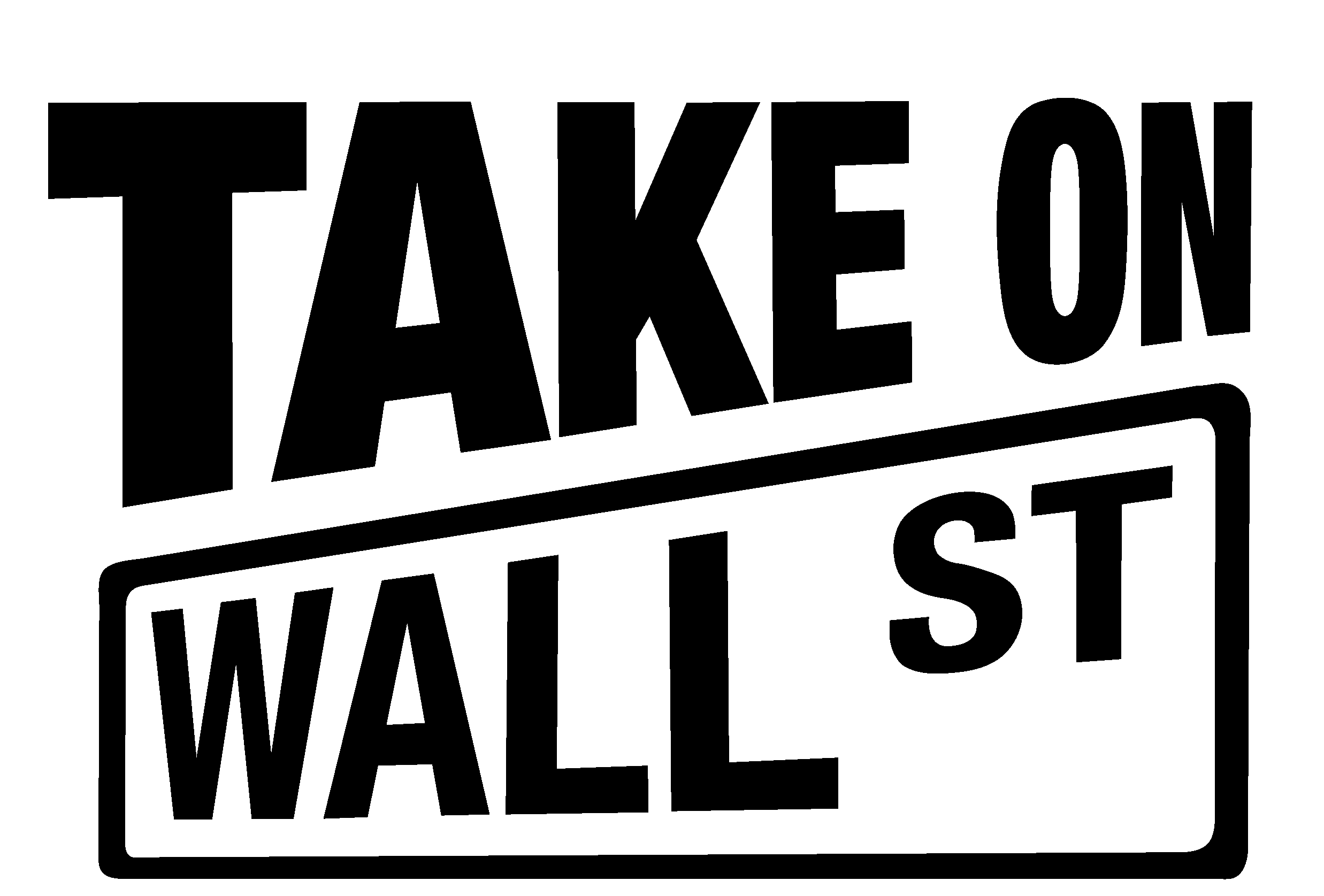This post was guest authored by Kyra Sadovi.
Most Americans favor progressive economic reform and have a hearty appetite for breaking up the big banks. A new Democracy Fund Voter Study Group survey asked participants if they would support six different economic policies. When asked if they supported “breaking up big banks,” 50% of respondents said they were in favor of it, while 35% neither supported nor opposed it. Only 14% of respondents were definitively against it.
The lack of opposition to the phrase “breaking up big banks” might seem trivial. But the fact that so few people reacted negatively to substantial government intervention in the economy is a sign of the popularity of progressive economic issues across party lines.
Breaking up the banks is not as far-fetched an idea as bank lobbyists would have us believe. The repeal of the Glass-Steagall Act in 1999 allowed banks to wreak havoc on the financial sector. When the firewall between investment and commercial banking was torn down, this touched off a host of mergers and acquisitions, and the big banks became mega-banks. In the process, the banks closed branches and laid off workers, creating banking deserts for low- and middle-income communities on the one hand and new private banking divisions for the ultra-rich on the other. Today, five banks now own half of all banking assets. It’s no surprise that going after the monopoly power of the big banks is appealing to voters of all parties.
Breaking down this public support by income tells an even more interesting story. A solid majority of Democrats support progressive economic reform. There are marginal discrepancies between low- and high-income Dems on various policies, but none larger than a five-percentage-point difference, with a 3.2% gap on average.
But Republicans are divided. Those making over $80,000 per year, the marker used to define “high-income,” were far less inclined to support economic reform than their low-income counterparts who make under $40,000 a year. On average, low-income Republicans favored reform policies by 16.2% more than high-income respondents. The largest gap was a 22% difference when asked about taxing the rich more.
Poor and middle-class Republicans are more likely to prefer progressive economic policies than wealthier members of the party. In fact, 19% of Republicans hold economic beliefs closer to the average Democrat than the average member of their own party. That group is on average less wealthy and has experienced more “economic distress” than their fellow partisans.
These disparities confirm a dynamic that has been made fairly clear, at least since the 2016 election: Republicans are strongly divided by class. There is a large swath of voters who identify as Republicans that want to see the party pursue progressive economic policies.
The main takeaway from the survey is this: economic progressivism is popular with voters. A candidate of any party who campaigns on (and delivers) progressive reform may very well find themselves with a wide base of support — and a favorable result come November 2020.

Leave a Reply